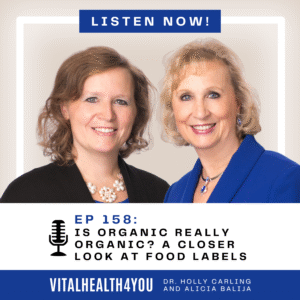In earlier articles we have discussed the false notions of eating fat making you fat, how bad fat contributes to diseases, and how good fats are essential to health. But the looming question is, what fats (and oils) do I eat, and how?
First of all, I want to discuss it in terms of oils, so let’s define healthy oils. I see them in two categories: Ones you cook with and ones you consume as a “vitamin-type” supplement.
What ruins oils is heat. The higher the heat and the lower the “smoke point” of the oil, the worse it is for you. Cooking oils such as olive oil, grape seed oil, coconut oil and butter, have high smoke points, meaning the oil has to reach pretty high temperatures (about 400°) before they are altered. Typical stove temperatures range between 250° to 375°. When oil is repeatedly cooked in, the smoke point (point of ruin) occurs at lower and lower temperatures. Oil exposed to air too long will oxidize and its smoke point will also be lower.
Cheap oils generally have lower smoke points, while expensive, high quality oils generally have higher smoke points. Hydrogenated oils are vegetable oils heated to high temperatures then hydrogen is added with a metal catalyst while under heat and pressure. Avoid all hydrogenated and partially hydrogenated oils! The worst oils are vegetable oils of all kinds, canola oil, margarine and “anything in a tub”. The best cooking oils are a high grade olive oil, coconut oil, grape seed oil, lard (believe it or not!) and butter.
Now for supplement oils. These are trickier because not all manufacturers care about quality as much as they care about profits. The best supplement oils should be in a gel cap, unless you are consuming a bottle a week. The reason is because unless it is consumed within a week or two of opening, it will get rancid from exposure to the air. Rancid oils are harmful to health.
The best supplement oils are Evening Primrose Oil, Black Currant Seed Oil, Borage Oil, Wheat Germ Oil, Fish Oils (which includes cod liver oil, krill oil, salmon oil, tuna oil, etc.), Flax Seed Oil, and Sesame Seed Oil (not cooking type – it is not a good cooking oil). These oils should never be heated, not even when processed. They generally have low smoke points. The problem is, we don’t always know how they are processed. However, it would be worth your due diligence to find out.
Other cautions with determining oil quality is that many companies, especially overseas companies, bleach, deodorize and pasteurize their oils. That can make an otherwise great oil, of significantly reduced value, if not downright bad for you!
Consuming the right oils/fats in your diet is crucial to your wellbeing. The old concepts of saturated, unsaturated, and polyunsaturated fats is out-dated nutrition information. We now know that to be inconsequential. Some saturated fats have amazing healing abilities (like coconut oil, now touted for its ability to prevent or treat Alzheimer’s disease).
©2012 Holly A. Carling, O.M.D., L.Ac., Ph.D.







